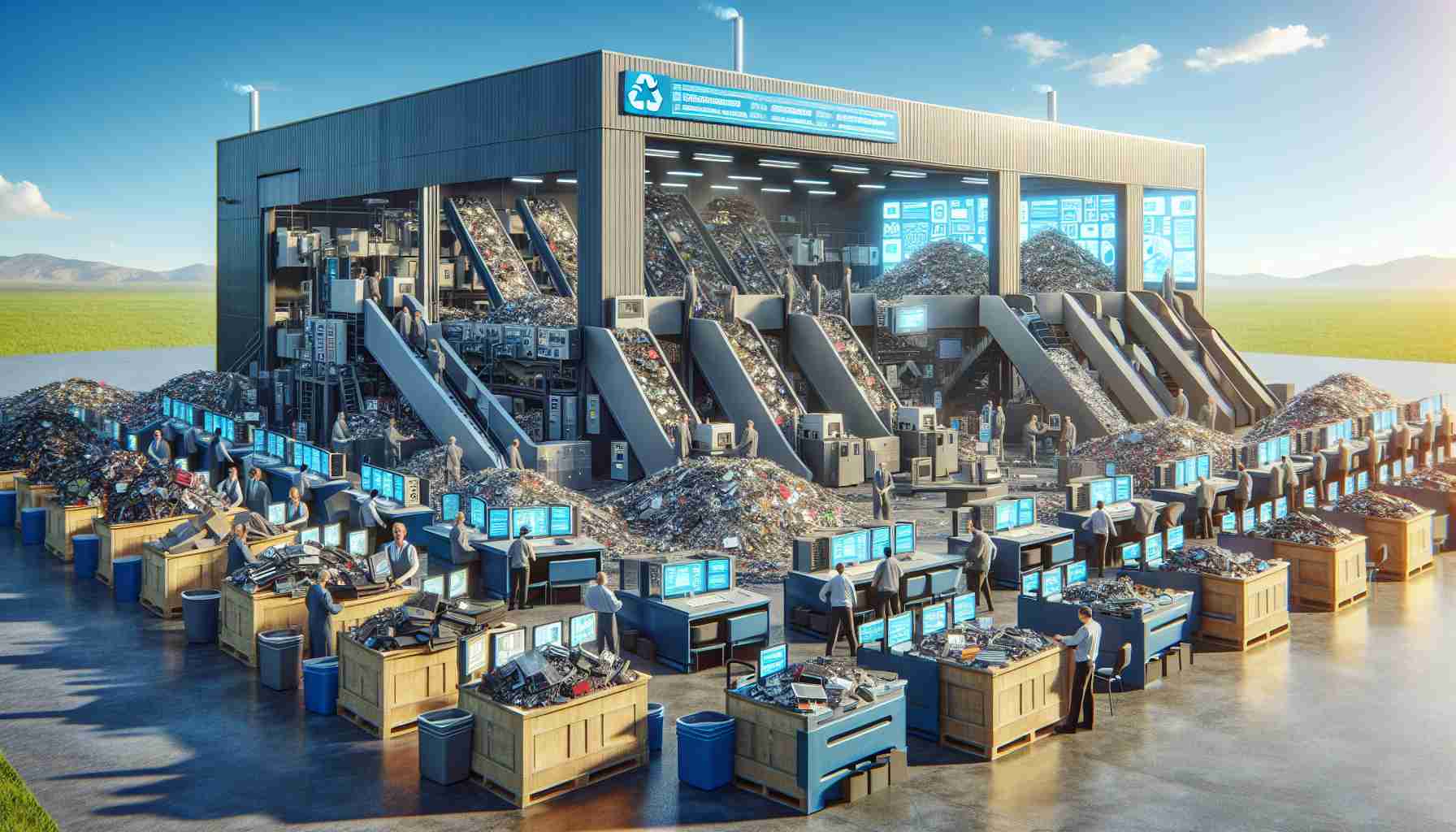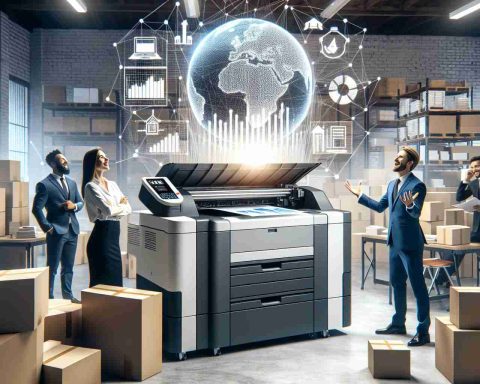The increasing proliferation of electronic devices has led to a burgeoning crisis in electronic waste (e-waste) management globally. This challenge is primarily driven by the rapid turnover of consumer electronics, which often becomes obsolete within just a few years. As technology advances at an unprecedented pace, millions of devices are discarded, contributing to environmental degradation and health hazards.
Efforts to address e-waste issues have gained momentum, with several countries implementing regulations to ensure responsible recycling and disposal practices. Many organizations are now advocating for the establishment of circular economies that prioritize reuse, repair, and recycling over traditional waste disposal methods. This shift not only helps in conserving resources but also minimizes the harmful effects of e-waste on ecosystems and human health.
Additionally, innovative startups are emerging, focusing on sustainable solutions, such as creating biodegradable materials for electronics, thereby reducing the environmental impact. Community awareness programs are becoming increasingly important as well, educating consumers about responsible e-waste disposal options.
As society becomes more aware of the implications of e-waste, initiatives are gaining traction aimed at transforming this growing crisis into an opportunity for sustainable development and environmental stewardship. The commitment from both the public and private sectors is crucial in fostering a culture that values sustainability and ecological responsibility.
Smart Solutions: Tips and Life Hacks for Managing E-Waste
The escalating issue of electronic waste (e-waste) management requires not only regulatory frameworks and innovative solutions but also practical steps that individuals can take to reduce their impact. Here are some effective tips, life hacks, and interesting facts to help you navigate the world of e-waste wisely.
1. Extend the Life of Your Devices
One of the simplest ways to combat e-waste is to maximize the lifespan of your electronics. Regular maintenance, such as cleaning your devices and installing the latest software updates, can significantly improve their performance. Consider investing in protective cases and screen protectors to shield your devices from damage.
2. Consider Repair Before Replacement
Before you decide to discard a malfunctioning gadget, explore repair options. Many local repair shops specialize in fixing electronics, and some manufacturers offer repair services as well. Websites like iFixit provide guides and tools for DIY repairs, encouraging a mindset of fixing over tossing.
3. Make Use of Trade-In Programs
Many retailers and manufacturers offer trade-in programs that allow you to exchange your old devices for store credit or discounts on new purchases. This not only ensures that your old devices are properly recycled but also provides you with savings on your next upgrade. Check out programs offered by major brands or visit Apple for their trade-in initiative.
4. Learn About Responsible Recycling
Familiarize yourself with local e-waste recycling options. Many communities offer drop-off centers or special e-waste collection events. Organizations like EPA provide valuable resources to locate certified e-waste recyclers near you. Responsible recycling ensures that harmful materials in electronics are handled safely.
5. Embrace Minimalism
A great life hack for managing e-waste is to adopt a minimalist approach to electronics. Consider whether you genuinely need the latest gadget or if previous versions can serve your needs. This mindset not only reduces consumption but also helps prevent the accumulation of unused devices.
6. Educate Yourself and Others
Stay informed about the impact of e-waste on the environment and health. Share this knowledge with your friends and family, and inspire them to make sustainable choices as well. The more people understand the issues surrounding e-waste, the greater the collective effort to address it.
Interesting Fact: Did you know that only about 20% of e-waste is recycled properly? This highlights the need for increased awareness and responsibility in managing our electronics.
By implementing these tips, you can significantly contribute to reducing e-waste and promoting sustainability. The collective action of individuals can lead to a more responsible approach towards our electronic devices. For more insights on sustainability practices, visit Greenpeace.
























